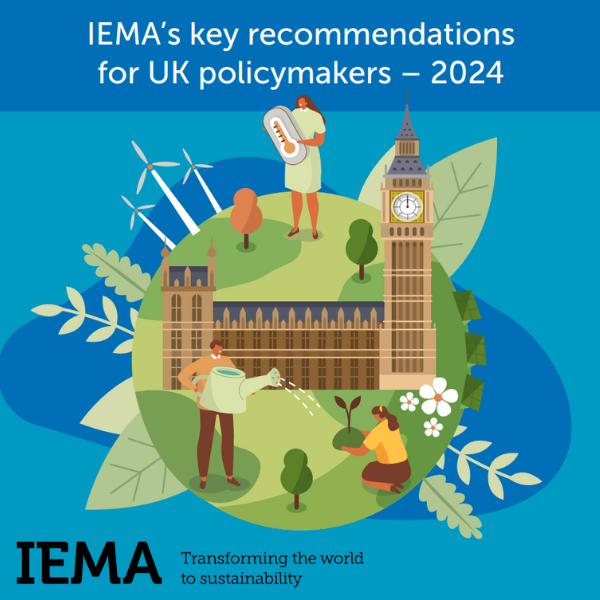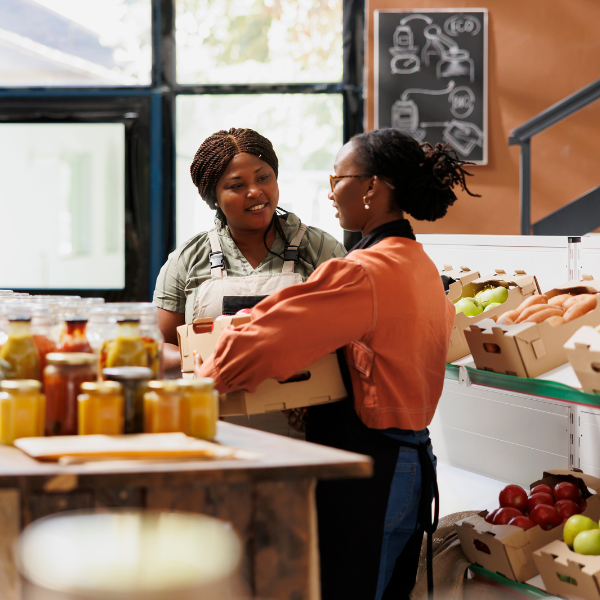Social sustainability is an increasingly important element of corporate reporting, as reports begin to move away from a focus on carbon emissions and towards a more holistic view of material impacts from and to the environment from an organisation’s operations. As organisations seek to measure and demonstrate their commitment to better ways of doing business, IEMA’s dedicated networks help members to improve on their professional knowledge and deliver more for their clients and employers.
The Social Sustainability Network at IEMA is led by a member Steering Group which draws together professionals across diverse sectors. The Steering Group’s role is to plan and oversee the work programme which addresses and shares the latest thinking on Social Sustainability through a variety of formats including webinars, workshops, reports and guidance papers.
Join the social sustainability network
Opting to become a member of the network means you'll receive updates about developments in this sphere and the work of the steering group, invitations to apply to join the steering group or get involved in other ways, requests to participate in consultations and notification of relevant webinars and other IEMA or external events. Use the button below to navigate to the portal and select 'social sustainability network' in your subscription preferences.











